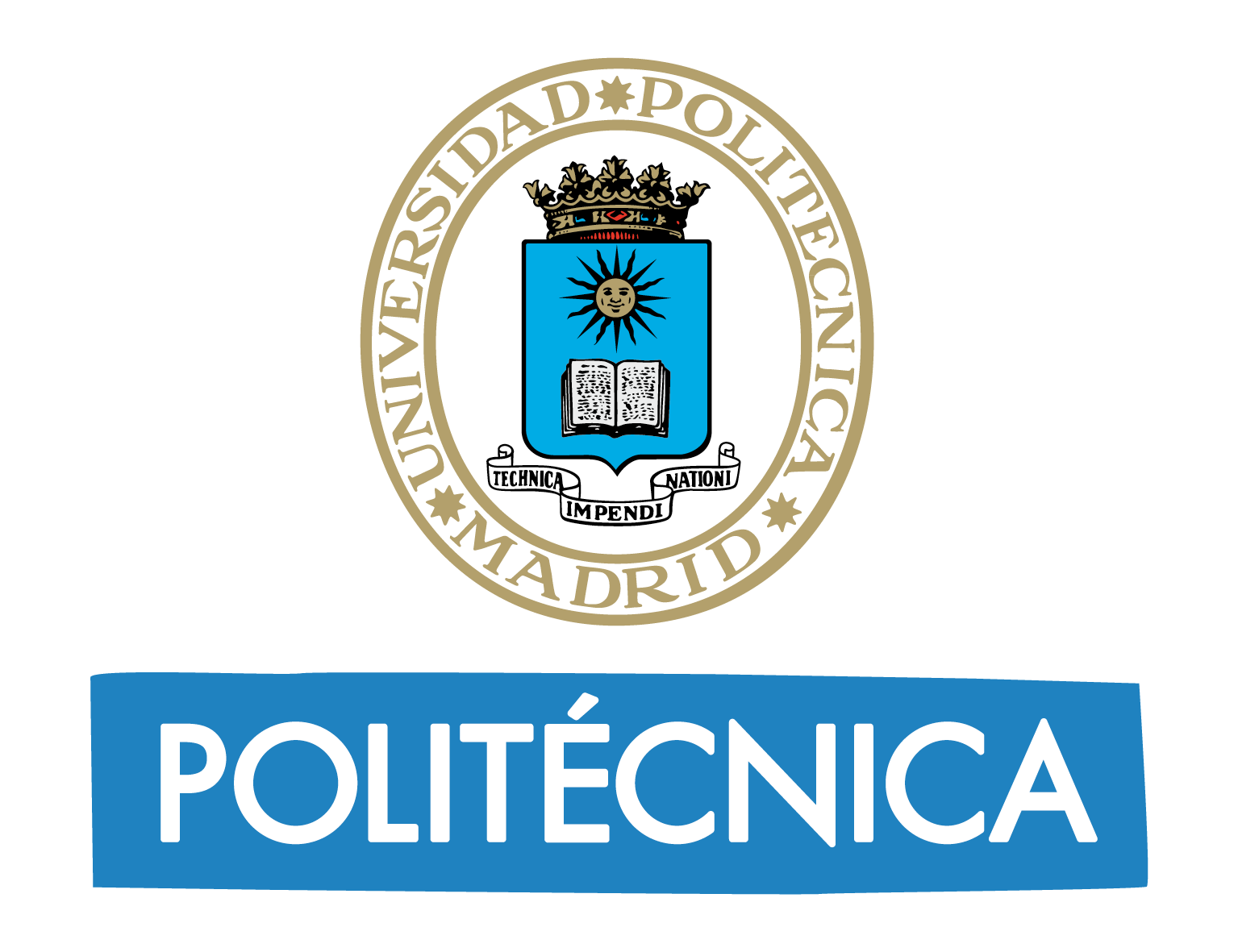What is the difference between Official Recognition / Homologation, and Legalization, of degree certificates?
Official Recognition/Homologation and Legalization are two procedures employed for different legal purposes.
Official Recognition or Homologation
Procedure according to which the Spanish Ministry of Universities equates a degree issued by abroad with its respective Spanish degree, especially for the purposes of the exercise of a profession.
Real Decreto 889/2022, conditions and procedures for recognition, declaration of equivalence and validation of university education from foreign educational systems.
Legalization
Legalization is an administrative act whereby a foreign public document is validated, by verifying the authenticity of the signature on the document, and the capacity in which the signatory of the document has acted.
Generally implemented by means of the Hague Convention Apostille (click here for the signatory countries), the authorities of the certificate-issuing country accredit that it is a valid degree certificate and has been issued by the competent authority.
For non-signatory countries of the Apostille of the Hague or Andrés Bello Agreement, diploma and records can be legalized by the stamp of the Embassies and Consulates of Spain in the country of issue of your diploma that certifies it is an official university degree. For more information look at the question “Legalization of foreign documents abroad via diplomatic channels” in the Ministry of Foreign Affairs' web.


